Origins and Significance of the Shrimad Bhagvat Geeta
The Shrimad Bhagvat Geeta, often referred to simply as the Gita, holds a distinguished place within Indian philosophy and literature. Composed in Sanskrit by the sage Maharshi Vedavyas, this scripture is embedded within the Indian epic, Mahabharata, specifically in the Bhishma Parva. Its emergence occurred during a turbulent period marked by moral dilemmas and conflict, reflecting the inner struggles of human life.
The historical context of the Gita’s composition reflects a society entrenched in notions of duty (dharma) and righteousness. The narrative is set on the battlefield of Kurukshetra, where Arjun, a warrior prince, encounters a crisis of conscience just before the battle. This moment serves as a pivotal backdrop for the divine dialogue between him and Lord Krishna, who serves as his charioteer. This interaction not only provides philosophical insights but also addresses the themes of duty, righteousness, and detachment from the fruits of one’s actions.
The significance of the Geeta extends beyond its literary brilliance; it encompasses profound philosophical teachings. It elucidates the paths of devotion (bhakti), knowledge (jnana), and selfless action (karma). Each of these paths offers guidance on how individuals can navigate complexities in life while adhering to their dharma. Furthermore, the text emphasizes the importance of performing one’s duties with a spirit of detachment, advocating that one should focus on actions rather than the outcomes.
The literary merit of the Shrimad Bhagvat Geeta is unparalleled, merging poetic beauty with profound philosophical substance. Its teachings have transcended time, offering wisdom that remains relevant to both spiritual seekers and scholars alike. As one of the most revered scriptures in Hinduism, its role in shaping ethical and spiritual landscapes cannot be overstated, making it a crucial part of the philosophical discourse within Hindu thought.
Arjun’s Dilemma: The Central Dialogue of the Geeta
In the captivating narrative of the Shrimad Bhagvat Geeta, Arjun stands as a quintessential figure embroiled in a profound moral and emotional crisis on the battlefield of Kurukshetra. Faced with the prospect of battling his own relatives, revered teachers, and friends, Arjun experiences an intense internal conflict that marks the commencement of one of the most significant dialogues in spiritual literature. The weight of his duties as a warrior, juxtaposed with the implications of killing his kin, ignites a deep sense of doubt and despair within him.
As Arjun grapples with feelings of helplessness and confusion, he turns to his charioteer, Lord Krishna, for guidance. This divine dialogue becomes a cornerstone of the Geeta, encapsulating essential themes such as righteousness (Dharma), the nature of the self (Atman), and the moral complexities of duty. Krishna’s responses guide Arjun to delve deeper into his fears, emphasizing that ethical dilemmas often mirror the struggles faced by individuals in various walks of life. One of Krishna’s significant teachings highlights the concept of ‘Karma Yoga’, urging Arjun to perform his duty without attachment to the results, thus steering him away from the paralysis of overthinking.
The teachings imparted during this dialogue resonate not only within the context of the Mahabharata but also have enduring relevance in contemporary society. The dichotomy of personal desires versus societal responsibilities that Arjun encounters mirrors the dilemmas faced by people today—whether in professional environments, familial situations, or larger societal contexts. Krishna’s philosophical insights encourage the understanding of duty rooted in selflessness, unveiling a pathway towards enlightenment and fulfillment.
Ultimately, Arjun’s struggle embodies both a personal journey and a universal narrative, providing valuable wisdom for those confronting difficult choices in their lives, reminding us that dilemmas can serve as catalysts for profound self-discovery and spiritual awakening.

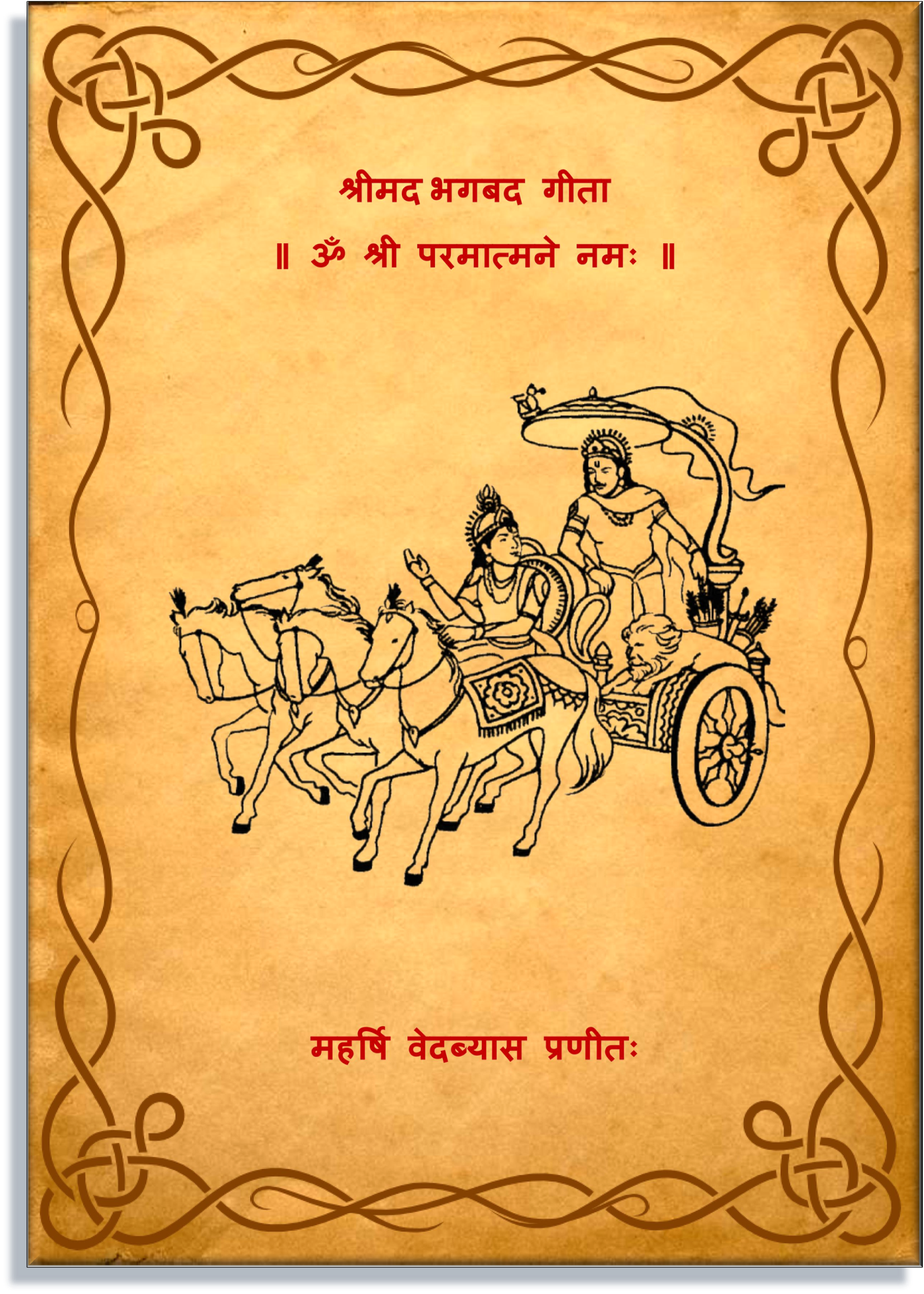
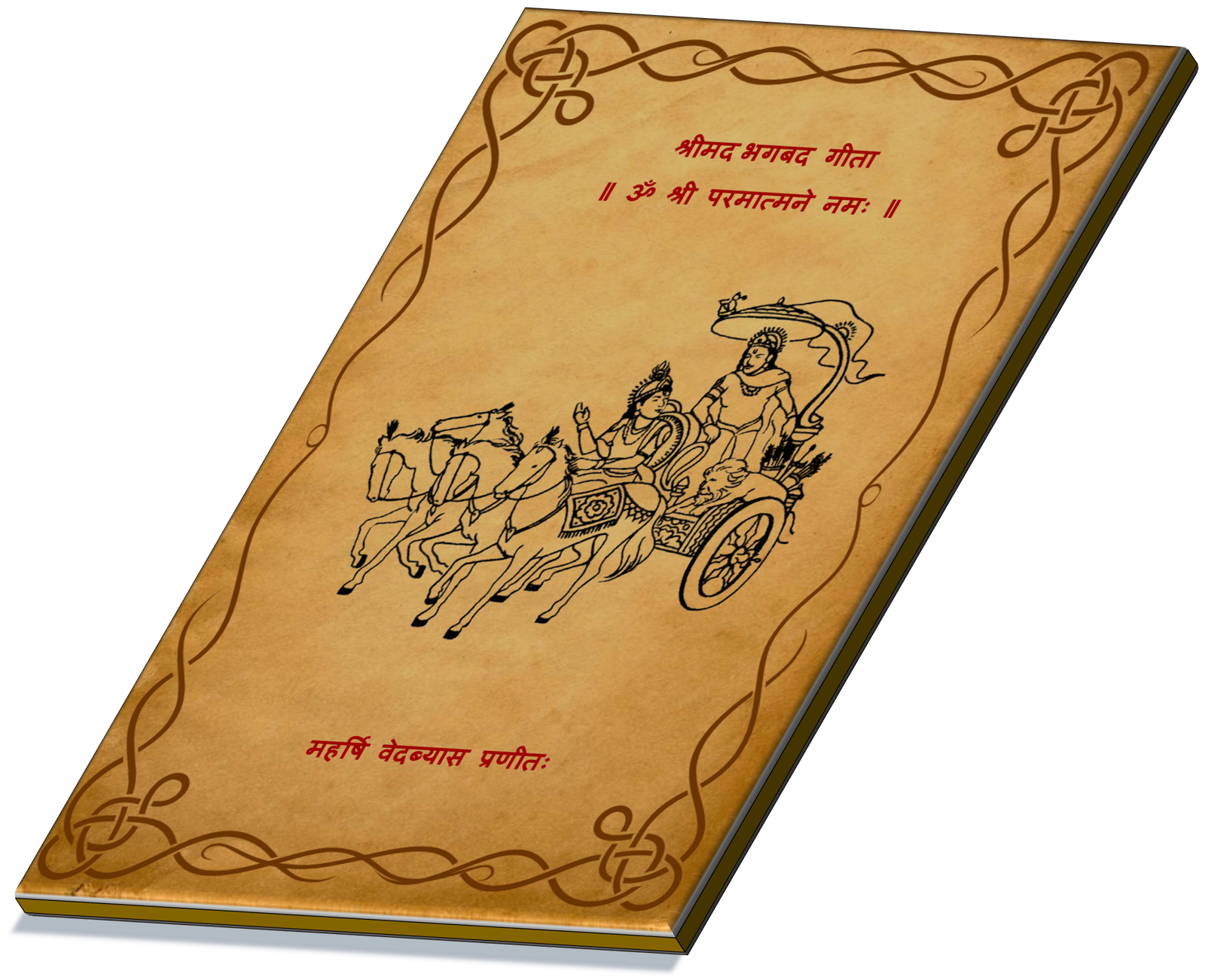
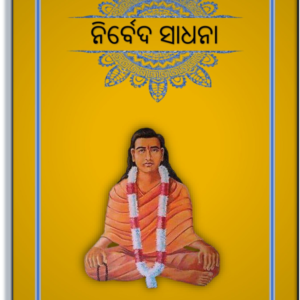
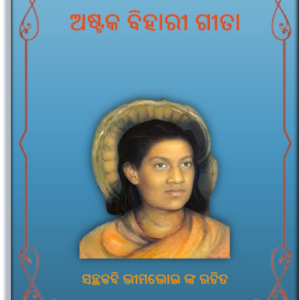
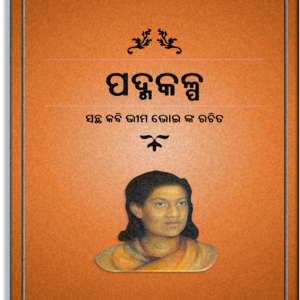
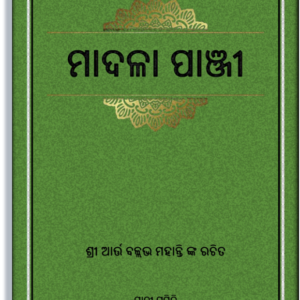
Reviews
There are no reviews yet.